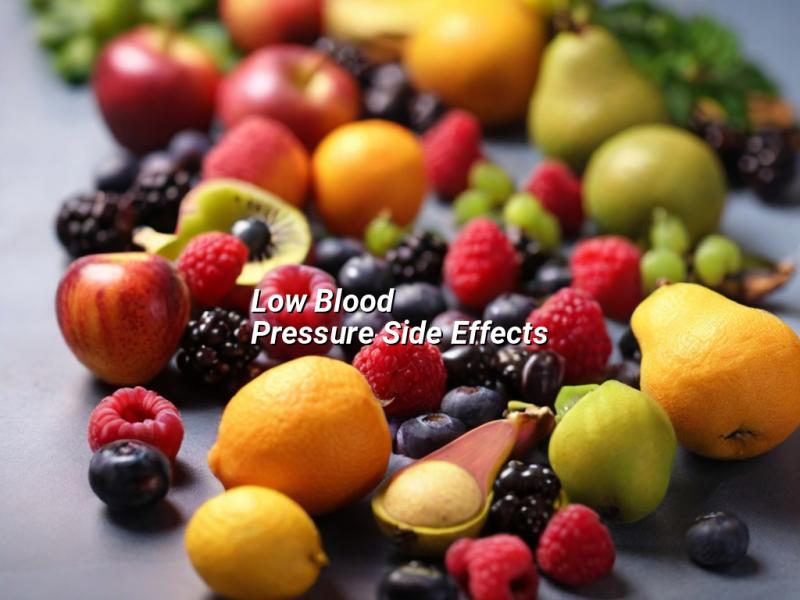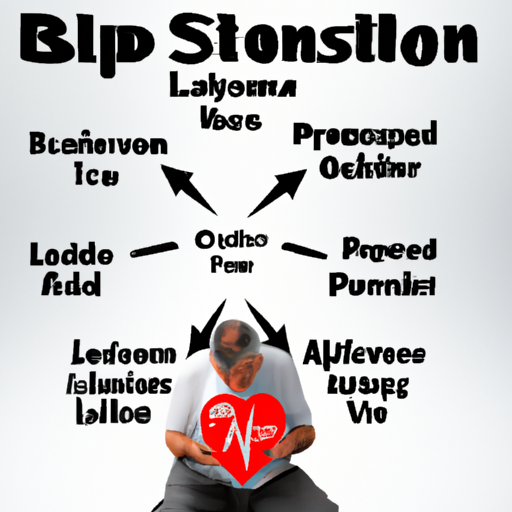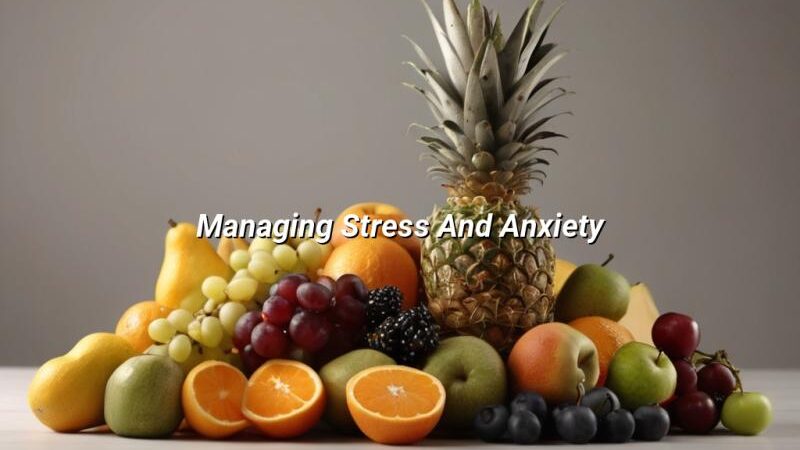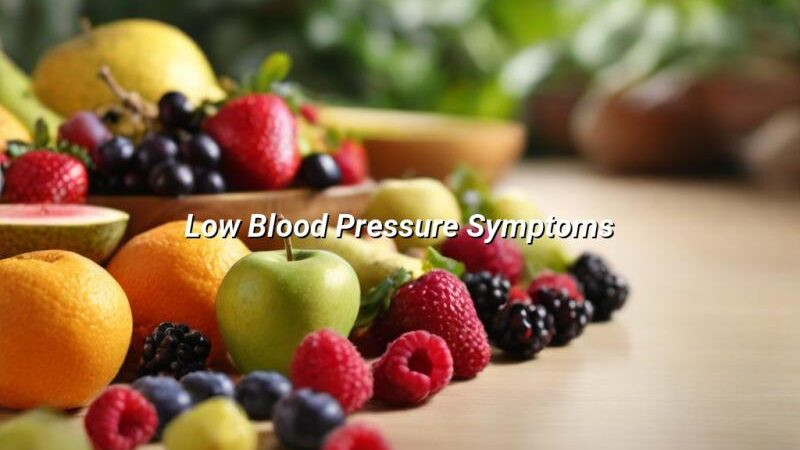Low Blood Pressure Side Effects

Understanding the Causes and Symptoms of Low Blood Pressure
Low blood pressure, also known as hypotension, is a condition in which the pressure of the blood in your arteries is lower than normal. It can cause a variety of symptoms, including dizziness, fatigue, and even fainting. While low blood pressure is usually not a cause for concern, it can be a sign of an underlying medical condition.
So, what causes low blood pressure? There are several potential causes, including dehydration, certain medications, and underlying medical conditions. Dehydration can cause your blood pressure to drop, as can certain medications, such as diuretics and beta-blockers. Certain medical conditions, such as diabetes, heart disease, and anemia, can also cause low blood pressure.
Now, let’s talk about the symptoms of low blood pressure. The most common symptom is dizziness or lightheadedness, which can be caused by a sudden drop in blood pressure. Other symptoms include fatigue, blurred vision, fainting, and nausea. If you experience any of these symptoms, it’s important to see your doctor right away.
Low blood pressure can be a sign of an underlying medical condition, so it’s important to get it checked out. Your doctor will likely take your blood pressure and order tests to determine the cause. Treatment will depend on the underlying cause, but may include lifestyle changes, such as increasing your fluid intake and exercising regularly.
If you’re experiencing any of the symptoms of low blood pressure, it’s important to see your doctor right away. While low blood pressure is usually not a cause for concern, it can be a sign of an underlying medical condition. With the right treatment, you can get your blood pressure back to normal and reduce your risk of complications.
How to Manage Low Blood Pressure Side Effects
If you have been diagnosed with low blood pressure, you may be experiencing some side effects. Low blood pressure can cause dizziness, fatigue, and even fainting. While these symptoms can be uncomfortable, there are ways to manage them. Here are some tips to help you manage the side effects of low blood pressure.
1. Stay Hydrated: Dehydration can cause your blood pressure to drop even further, so it’s important to stay hydrated. Make sure to drink plenty of water throughout the day and avoid drinks with caffeine or alcohol.
2. Eat Regularly: Eating regular meals can help keep your blood pressure stable. Try to eat small, frequent meals throughout the day. Avoid skipping meals or going too long without eating.
3. Avoid Standing for Long Periods: Standing for long periods of time can cause your blood pressure to drop. If you need to stand for a long time, take frequent breaks and sit down when you can.
4. Wear Compression Stockings: Compression stockings can help improve circulation and reduce the risk of fainting. Talk to your doctor about whether compression stockings are right for you.
5. Exercise Regularly: Regular exercise can help improve your circulation and reduce the risk of fainting. Talk to your doctor about an exercise plan that is right for you.
6. Get Enough Sleep: Getting enough sleep is important for managing low blood pressure. Aim for 7-8 hours of sleep each night.
By following these tips, you can help manage the side effects of low blood pressure. If you are still experiencing symptoms, talk to your doctor about other treatments that may be available.
The Role of Diet and Exercise in Regulating Low Blood Pressure
Low blood pressure, or hypotension, can be a tricky condition to manage. It can cause dizziness, fatigue, and even fainting. Fortunately, there are some simple lifestyle changes you can make to help regulate your blood pressure. Diet and exercise are two of the most important factors in managing low blood pressure.
When it comes to diet, it’s important to focus on foods that are high in potassium, magnesium, and calcium. These minerals help to regulate blood pressure and can be found in foods like bananas, avocados, spinach, and yogurt. It’s also important to limit your intake of sodium, as this can cause your blood pressure to spike.
Exercise is also key to managing low blood pressure. Regular physical activity helps to strengthen your heart and improve circulation. Aim for at least 30 minutes of moderate exercise each day. This can include walking, jogging, swimming, or cycling.
It’s also important to take regular breaks throughout the day. This will help to reduce stress and keep your blood pressure in check. Try to take a few minutes each day to relax and unwind.
By making small changes to your diet and exercise routine, you can help to regulate your low blood pressure. Remember to always consult with your doctor before making any major lifestyle changes. With the right plan in place, you can keep your blood pressure in check and stay healthy.
Exploring Natural Remedies for Low Blood Pressure Side Effects
If you’ve been diagnosed with low blood pressure, you may be experiencing some unpleasant side effects. Low blood pressure can cause dizziness, fatigue, and even fainting. Fortunately, there are some natural remedies that can help you manage these symptoms.
One of the best ways to manage low blood pressure is to make sure you’re getting enough fluids. Dehydration can cause your blood pressure to drop, so make sure you’re drinking plenty of water throughout the day. You can also try adding electrolytes to your water, such as a pinch of salt or a few drops of lemon juice.
Eating a healthy diet is also important for managing low blood pressure. Eating foods that are high in potassium, such as bananas, can help regulate your blood pressure. You should also try to avoid processed foods and foods that are high in sodium.
Exercise is another great way to manage low blood pressure. Regular physical activity can help improve your circulation and increase your blood pressure. Try to get at least 30 minutes of exercise each day.
Finally, try to reduce your stress levels. Stress can cause your blood pressure to drop, so try to find ways to relax and unwind. Meditation, yoga, and deep breathing exercises can all help reduce stress.
Low blood pressure can be a difficult condition to manage, but with the right lifestyle changes, you can help reduce your symptoms. Try these natural remedies to help you manage your low blood pressure and feel better.
The Impact of Stress and Anxiety on Low Blood Pressure
If you have low blood pressure, you may be familiar with the feeling of lightheadedness or dizziness that can come with it. But did you know that stress and anxiety can also have an impact on your blood pressure?
When we experience stress or anxiety, our bodies go into “fight or flight” mode. This means that our heart rate and blood pressure increase as our body prepares to respond to the perceived threat. This can be a good thing if it helps us to respond quickly and appropriately to a dangerous situation.
However, if you have low blood pressure, this response can be problematic. The sudden increase in blood pressure can cause lightheadedness, dizziness, and even fainting. It can also lead to more serious health issues such as stroke or heart attack.
The good news is that there are ways to manage stress and anxiety that can help to reduce the impact on your blood pressure. Regular exercise, relaxation techniques, and even talking to a therapist can all help to reduce stress and anxiety levels.
It’s also important to pay attention to your body and recognize when you’re feeling stressed or anxious. Taking a few moments to take some deep breaths or practice a relaxation technique can help to reduce the physical symptoms of stress and anxiety.
If you’re struggling to manage your stress and anxiety levels, it’s important to talk to your doctor. They can help you to find the best treatment plan for your individual needs.
Low blood pressure can be a tricky condition to manage, but with the right lifestyle changes and treatments, you can reduce the impact of stress and anxiety on your blood pressure.





